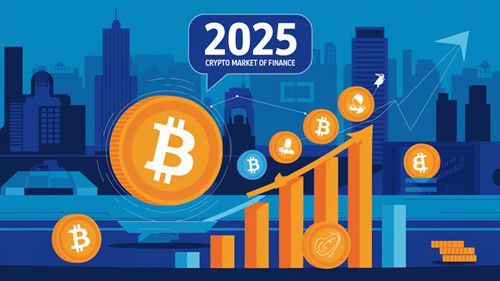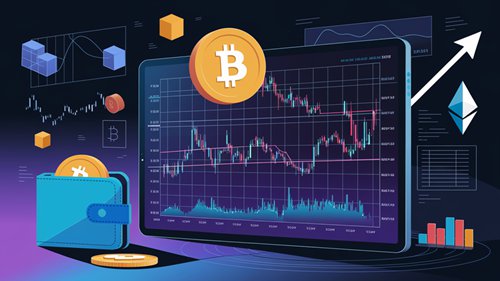ETF EMB: Wall Street View on Dollar Decline
In the dynamic world of finance, the interplay between currency movements and investment instruments is a critical area of focus for investors. The iShares JP Morgan USD Emerging Markets Bond ETF (EMB) is one such instrument that has garnered attention in the context of fluctuating currency values, particularly the US dollar. This report delves into whether EMB is poised to benefit from a potential dollar decline and examines the perspectives of hedge fund managers and Wall Street analysts on this matter.
EMB ETF and the Dollar Decline
The EMB ETF is designed to track the investment results of the JP Morgan EMBI Global Core Index, which is composed of US dollar-denominated, emerging market bonds. As such, the performance of EMB is inherently linked to the strength of the US dollar relative to other currencies. In a scenario where the dollar weakens, emerging market currencies, particularly those from resource-rich economies, stand to gain. This is because their exports become more competitive, potentially improving trade balances and strengthening their domestic economies.
A dollar decline could thus channel investments into the fringe currencies represented in the EMB, as investors seek higher yields that are not available in the lower-yielding dollar. Moreover, with the duration effects associated with the ETF, a dollar decline could enhance the attractiveness of EMB as an investment vehicle.
Perspectives from Hedge Fund Managers and Analysts
Hedge fund managers and Wall Street analysts have provided insights into the potential impact of a dollar decline on EMB. Hedge funds, in particular, have been increasing their exposure to strategies that are sensitive to environmental and social metrics, including those that may be affected by currency movements. While not specific to EMB, this trend indicates a broader willingness among hedge funds to consider investments that could benefit from shifts in currency valuations.
Analysts have also highlighted the role of currency-hedged ETFs and their long-term merit. While EMB is not a currency-hedged ETF, understanding the broader landscape of ETFs that are affected by currency fluctuations is important. Currency-hedged ETFs have absorbed some of the market shocks, but higher fees and the need for frequent portfolio adjustments may diminish their long-term appeal. In contrast, EMB’s focus on emerging market bonds offers a different risk-reward profile that could be more favorable in the event of a dollar decline.
The Role of EMB in Diversified Portfolios
For investors looking to diversify their portfolios, particularly in the face of a strong dollar, EMB presents an attractive option. It provides exposure to U.S. dollar-denominated government bonds issued by emerging market countries, which could stand to benefit as the US dollar weakens. Investors interested in EMB should note that the fund aims to invest at least 80% of its assets in the securities of its underlying index and at least 90% in fixed income securities.
The performance of EMB, as with any investment, is not guaranteed and will fluctuate. However, the fund’s past performance and its focus on emerging market bonds make it a candidate for consideration, particularly for those anticipating a dollar decline.
Conclusion
In conclusion, the iShares JP Morgan USD Emerging Markets Bond ETF (EMB) appears to be positioned to benefit from a potential decline in the US dollar. The views of hedge fund managers and Wall Street analysts, though varied, generally support the notion that investments like EMB could become more attractive in such a currency environment. Investors, however, should conduct their due diligence and consider their individual risk tolerance and investment objectives before making any investment decisions.
To become a better investor with our AI Assistant @ kavout.com/investgpt


